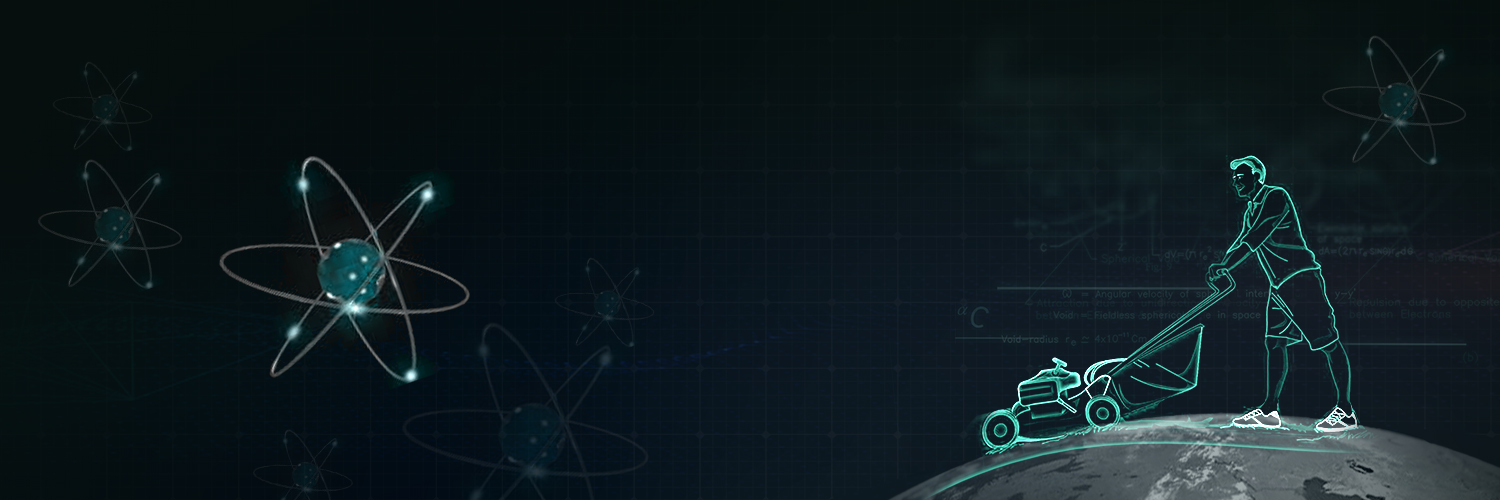
| Conventional | Non-conventional |
| The resources which have been in use for a long time. | The resources which are yet in the process of development over the past few years. |
| These resources are exhaustible. | These resources are inexhaustible. |
| These resources cause pollution as they emit smoke and ash. | These resources are usually pollution free. |
| These resources are very expensive to be maintained, stored and transmitted. | These resources are less expensive due to local use and can easily be maintained. |
| Examples- coal, natural gas, petroleum, and water power. | Examples- solar, biomass, wind, bio gas, and tidal, geothermal. |